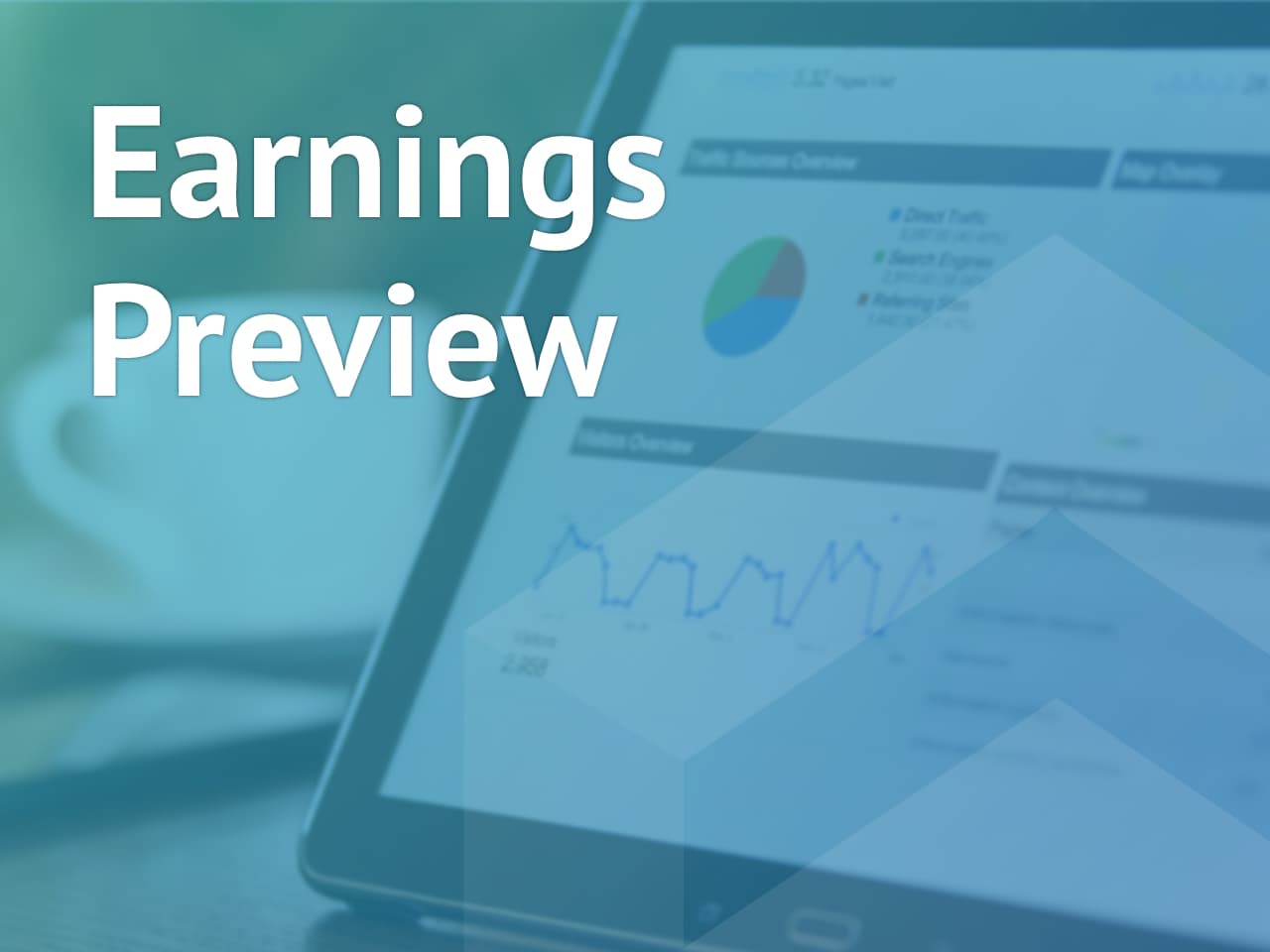Burlington Stores Inc. (NYSE: BURL) is scheduled to report second quarter 2019 earnings results on Thursday, August 29, before the market opens. Analysts project the company will report earnings of $1.14 per share on revenue of $1.63 billion.
Burlington has seen a healthy growth trend in its topline numbers and this will continue as revenues in the second quarter are expected to increase 8% year-over-year. Earnings, however, have suffered due to higher costs and taxes.

The off-price retailer is investing in expanding its store
footprint, reducing expenses and improving its marketing efforts. The company
is also focused on managing inventory effectively. These measures are likely to
help drive growth.
Burlington has seen strong momentum in its children’s
apparel, baby depot and home businesses while the ladies apparel business
continues to experience weakness. The company is taking measures to improve the
results in its underperforming segment and updates in this area will be worth
watching.
In the first quarter of 2019, Burlington beat revenue estimates with a 7.3% year-over-year growth in sales to $1.63 billion. Adjusted earnings came ahead of expectations despite dropping 2% to $1.26 per share. Comparable store sales increased 0.1%.
For the second quarter of 2019, Burlington has guided
for total sales growth of 8-9% and comparable store sales growth of 1-2%.
Adjusted EPS is expected to be in the range of $1.11-1.15.
Last quarter, Burlington updated its outlook for the full year of
2019. The company expects total sales to increase 8.5-9.2% and comparable store
sales to increase 1.3-2.1%. Adjusted EPS is expected to be $6.93-7.01.
Burlington plans to open 50 net new stores during the year.
Burlington’s shares have gained 8% year-to-date and 11% in the past three months. The stock has an average price target of $174.75.
